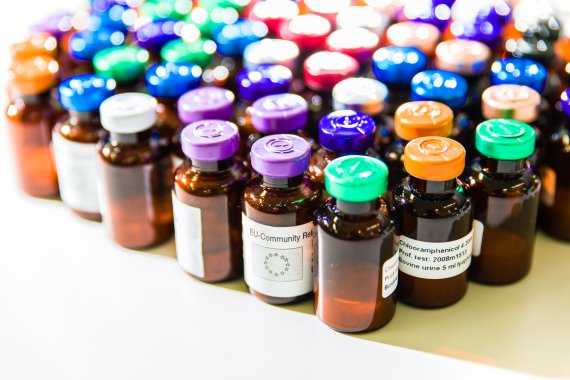© Rikilt
Each EU country has its own reference lab where food products are analysed. As an EU Reference Laboratory, Rikilt has to make sure that all the national reference labs use the correct analysis methods for the legally required checks on toxic substances in food and animal fodder.
Some food products naturally contain toxins. An example is the hydrogen cyanide in almonds. This does not usually cause any problems but if a plant becomes stressed, for example due to drought or a plague of insects, it will produce more toxins. Toxic plants can also end up in food because weeds get caught up in the harvest by mistake. In the past there was no legislation for this, says Rikilt researcher Monique de Nijs. ‘We didn’t know much about it but now more research has been done.’ Legislation has now been introduced based on those research results and it needs to be enforced.
A key task for Rikilt as a reference laboratory is to develop measurement methods and make them available, explains De Nijs. ‘If there is already a test for apples, for instance, but pears have to be measured too, we will modify that test or develop a new one.’ Rikilt will also be setting up tests that national reference labs in Europe can use for comparing their analysis results against one another.
Rikilt has over 20 years of experience as an EU reference lab, including for growth hormones in animal products.

